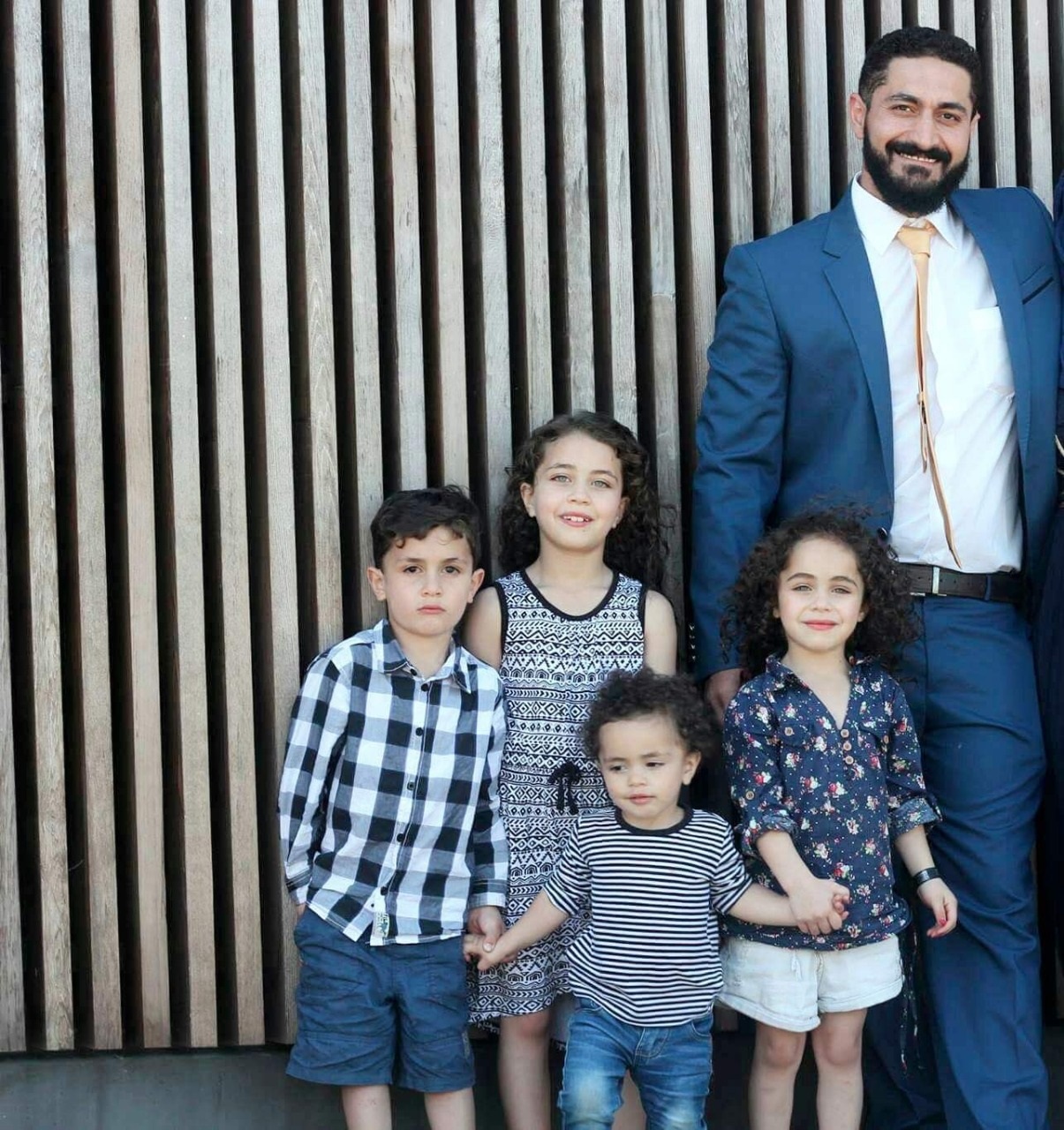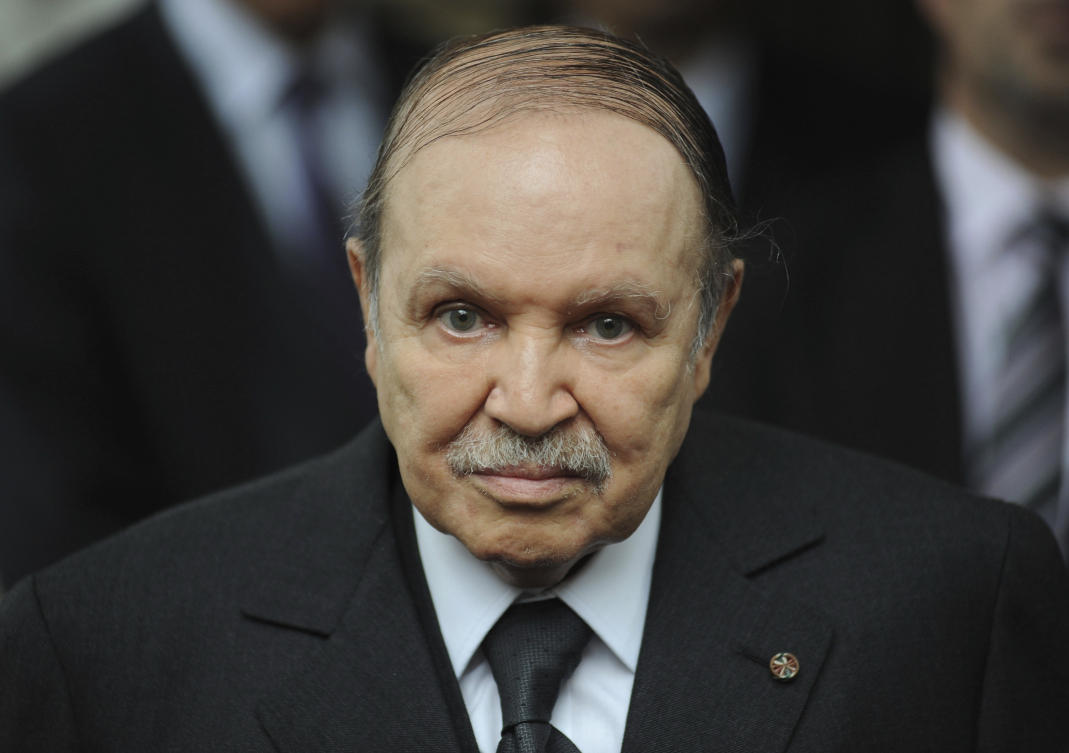New Zealand terrorist attacks: One Jordanian dead, eight injured with two in critical condition
DUBAI: One Jordanian was killed and eight others were injured – with two in critical condition – during the New Zealand terrorist attacks on the two mosques on Friday.
Jordan’s Foreign Ministry announced that Khaled Haj Musatafa was killed in the attacks, while Jordanian barber Wasseim Alsati and his daughter were among those critically injured. The foreign ministry said efforts are being made to provide all assistance and support needed by the victims and their families.
After the incident, Alsati shared a heartfelt video, via his official Facebook account, appealing for people to pray for his injured daughter and confirmed his condition was “hopefully” stable.
“Please pray for my son and my daughters, hopefully she will be so much better,” he said.
#VIDEO: Jordanian victim Wasseim Alsati, who was caught in the #NewZealandShooting massacre, shares heartfelt video from hospital bed asking people to pray for his injured daughter #NewZealandTerroristAttack #ChristchurchTERRORISTattack https://t.co/NDdeyq6vjj pic.twitter.com/Vh0qGCX7O7
— Arab News (@arabnews) March 15, 2019
“I’m very sorry I have not been able to answer your calls and messages right now, I am really tired,” Alsati added, saying “it has been a pleasure to know you all and thank you for the support and all the help that you have given me so far.”
Alsati opened up a barber shop called Wass’ Barbers in Christchurch, where he and his family have been living for many years.
Wasseim was hit with four bullets, two in his back, one in the stomach and another in his foot, while his daughter was hit with three bullets.
Read more: At least 49 killed as gunman livestreams New Zealand mosque ‘terrorist attacks’
Jordanian Foreign ministry said in a statement in the aftermath of the shooting incident that it is believed that two Jordanians were among the victims of the terrorist attacks.
The ministry added that they are following up on the matter to ensure the victims are safe and are being treated accordingly. Foreign Minister Ayman Safadi said on his twitter account “We condemn the horrific barbaric attacks against innocent worshippers in #NewZealandShooting mosque. Our thoughts and prayers are with the victims and their families. Terrorism in all its forms and it’s ideology of hate is a common enemy that we must fight together.”
We condemn the horrific barabaric attacks against innocent worshippers in #NewZealandShooting mosque. Our thoughts and prayers are with the victims and their families. Terrorism in all its forms and it’s ideology of hate is a common enemy that we must fight together.
— Ayman Safadi (@AymanHsafadi) March 15, 2019
At least 49 people, including children, were killed, and 50 others critically injured when a gunman opened fire on Masjid Al Noor mosque and Linwood mosque in New Zealand.
Read more: Muslim world reacts at New Zealand terrorist attacks on mosque
New Zealand police detained three men and a woman, with one of them being charged with murder.
One of four people detained in New Zealand after mass shootings at two mosques in Christchurch is Australian, Australian Prime Minister Scott Morrison said.


At least 49 killed as gunman livestreams New Zealand mosque ‘terrorist attacks’Saudi man killed in New Zealand mosque attackWorld reacts at New Zealand terrorist attacks on mosque



 Bahar, also a senior Hamas figure, called the coming government a “separatist” entity, seeking to “split the West Bank from the Gaza Strip … and strengthen internal divisions and eliminate any glimmer of hope in achieving national unity.”
Bahar, also a senior Hamas figure, called the coming government a “separatist” entity, seeking to “split the West Bank from the Gaza Strip … and strengthen internal divisions and eliminate any glimmer of hope in achieving national unity.”